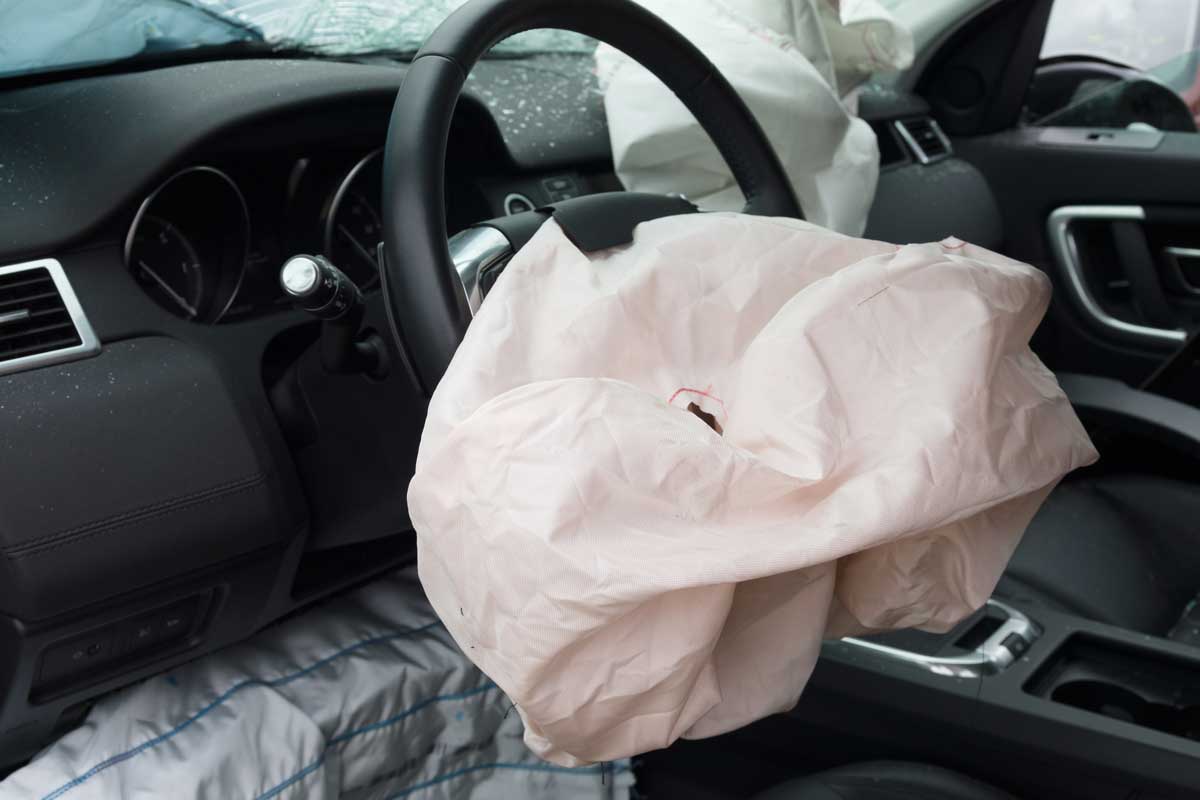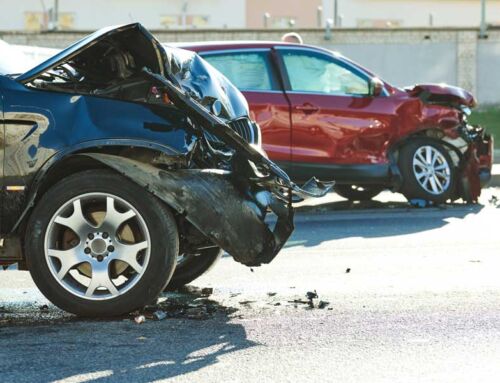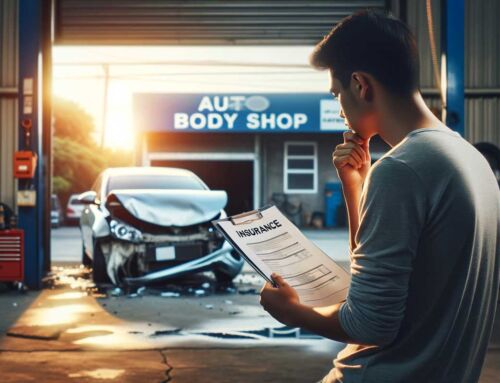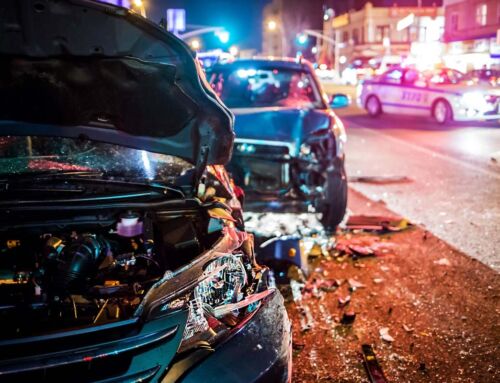In the aftermath of a serious collision, hearing your insurance company declare your vehicle a “write-off” can be both confusing and stressful. Here in Sonoma County, where commuting and weekend drives are part of our daily lives, understanding what happens when your car is deemed beyond repair is essential knowledge for any vehicle owner.
| Topic | Key Points |
|---|---|
| Total Loss Threshold | Varies by state; California uses 75-80% damage-to-value ratio |
| Salvage Title Options | Keep the vehicle with salvage title or accept insurance payout |
| Insurance Settlement | Based on actual cash value (ACV), not replacement cost |
| Post-Write-Off Steps | Vehicle disposal, title transfer, registration cancellation, personal property removal |
What Makes a Vehicle a Write-Off?
When your vehicle is involved in a serious accident, insurance companies must determine whether repairs are economically feasible. The term “write-off” (also called a “total loss”) refers to vehicles where repair costs exceed a certain percentage of the vehicle’s pre-accident value.
In California, most insurance companies consider a vehicle a total loss when repair costs reach approximately 75-80% of its actual cash value. This threshold exists because when damage reaches this level, hidden issues often emerge during repairs, potentially making the final repair bill even higher. Additionally, severely damaged vehicles may never regain their pre-accident structural integrity and safety.
According to the Insurance Information Institute, over 5 million vehicles are declared total losses each year in the United States, representing approximately 20% of all collision claims. Understanding this process helps you navigate your options and ensure fair treatment from your insurance provider.
The Write-Off Process Explained
After an accident, your vehicle will undergo a thorough inspection by an insurance adjuster. This professional will evaluate visible damage, potential hidden issues, and compare repair costs against your vehicle’s pre-accident market value. This inspection is critical for determining whether your car can be economically repaired or should be declared a total loss.
If your vehicle is deemed a write-off, the insurance company will offer a settlement based on its actual cash value (ACV). This amount represents what your vehicle was worth immediately before the accident, not what it would cost to replace with a new model. Several factors influence this valuation:
- Vehicle age and mileage – Newer vehicles with lower mileage typically receive higher valuations
- Pre-accident condition – Well-maintained vehicles with documentation of regular service history may receive higher valuations
- Market factors – Local market conditions and comparable vehicle sales affect valuation
- Optional features and upgrades – Factory and aftermarket additions can increase value if properly documented
- Recent repairs or improvements – Major recent work like new tires or transmission repairs can boost value
When dealing with a write-off, you’ll typically have two main options: accept the insurance settlement and transfer ownership to the insurance company, or retain the vehicle with a salvage title. If you choose our auto body repair services for a salvage vehicle, understand that additional inspections and certifications will be required before it can be legally driven again.
Your Options After a Write-Off Declaration
When your insurance company declares your vehicle a total loss, you face important decisions about how to proceed. Understanding your options helps ensure you make the choice that best fits your situation and financial needs.
Your primary options include:
- Accept the insurance settlement – Receive the ACV payment and purchase a replacement vehicle
- Negotiate the settlement amount – Present documentation to support a higher valuation if you believe the offer is too low
- Keep the vehicle with a salvage title – Accept a reduced settlement and retain ownership of the damaged vehicle
- Challenge the total loss determination – In some cases, you may dispute whether the vehicle truly meets the threshold for total loss
- File for diminished value – If applicable in your situation, seek compensation for the reduction in market value following repairs
If you decide to keep your salvage-titled vehicle and pursue repairs, be aware that this path involves additional steps. The vehicle must be repaired to meet safety standards, pass a special inspection, and receive a rebuilt or reconstructed title before it can be legally driven. These requirements vary by state but always involve verifying the vehicle’s safety and roadworthiness.
Financial Implications of a Vehicle Write-Off
Understanding the financial aspects of a vehicle write-off is crucial for making informed decisions. When your car is totaled, the settlement you receive will likely differ from what you might expect or hope for.
Insurance settlements are based on actual cash value, which factors in depreciation. This means even a relatively new vehicle might receive a settlement significantly lower than its purchase price. Additionally, if you have an outstanding auto loan that exceeds your car’s ACV, you could face a financial gap. This is where gap insurance, if you have it, becomes valuable by covering the difference between what you owe and what your car is worth.
Tax implications may also arise from a total loss settlement:
- In most cases, insurance settlements for personal vehicles aren’t taxable income
- If you receive more than you paid for the vehicle (rare), you might owe capital gains tax
- Business vehicles have different tax considerations
- Deductibles reduce your settlement amount and aren’t separately tax-deductible
After accepting a settlement, you’ll need to find replacement transportation. Our loaner vehicles program can help during this transition period, providing convenience while you shop for a new vehicle or wait for repairs on a salvage-titled vehicle.
Navigating Insurance Claims After a Write-Off
Dealing with insurance claims after your vehicle is deemed a write-off requires patience and attention to detail. The process typically begins with filing a claim, followed by the insurance company’s investigation and valuation determination.
When working with your insurance provider, document everything. Keep records of all communication, take photos of the damage from multiple angles, and gather documentation that supports your vehicle’s value, such as maintenance records, receipts for recent repairs or upgrades, and evidence of the vehicle’s pre-accident condition.
If you disagree with the insurance company’s valuation, you have the right to negotiate. Research comparable vehicles in your area to establish a fair market value, and consider obtaining an independent appraisal if the gap is significant. Many insurance policies include an appraisal clause that outlines a formal process for resolving valuation disputes.
Remember that while this article provides general guidance, each insurance policy contains specific terms that govern your particular situation. The information provided here is not legal advice, and it’s essential to review your policy and consult with your insurance representative to understand your specific rights and options.
Total Loss Threshold
Varies by state; California uses 75-80% damage-to-value ratio.
Salvage Title Options
Choose to keep the salvage-titled vehicle or accept the insurance payout.
Insurance Settlement
Based on actual cash value (ACV), not the replacement cost of the vehicle.
Post-Write-Off Steps
Includes vehicle disposal, title transfer, registration cancellation, and removing personal property.
Final Thoughts
Navigating the aftermath of having your vehicle declared a write-off can be challenging, but understanding the process helps you make informed decisions. Whether you choose to accept the insurance settlement or explore repairs with a salvage title, knowing your options is crucial for protecting your financial interests.
Remember that each vehicle write-off situation is unique, and this overview provides general information rather than specific legal or financial advice. Always consult directly with your insurance provider to understand the specifics of your policy and claim.
If you have questions about repairing a vehicle that’s been in a serious collision or need guidance on whether repairs are feasible for a salvage-titled vehicle, Downtown Autobody is here to help. As your locally owned and operated auto body repair experts in Sonoma County, we’re committed to providing honest assessments and quality service to our community.





